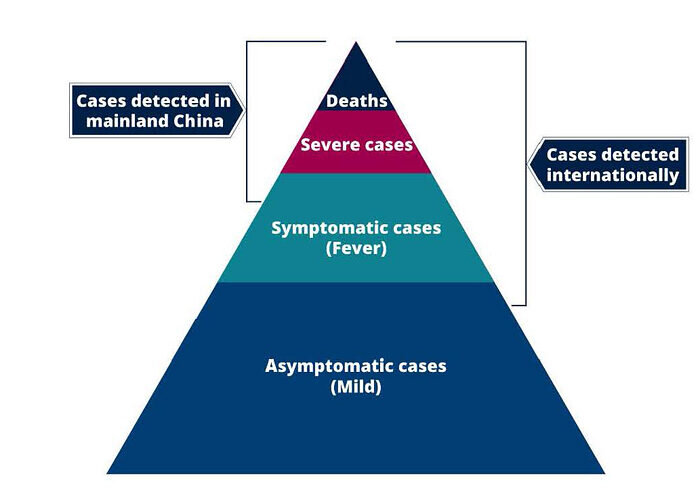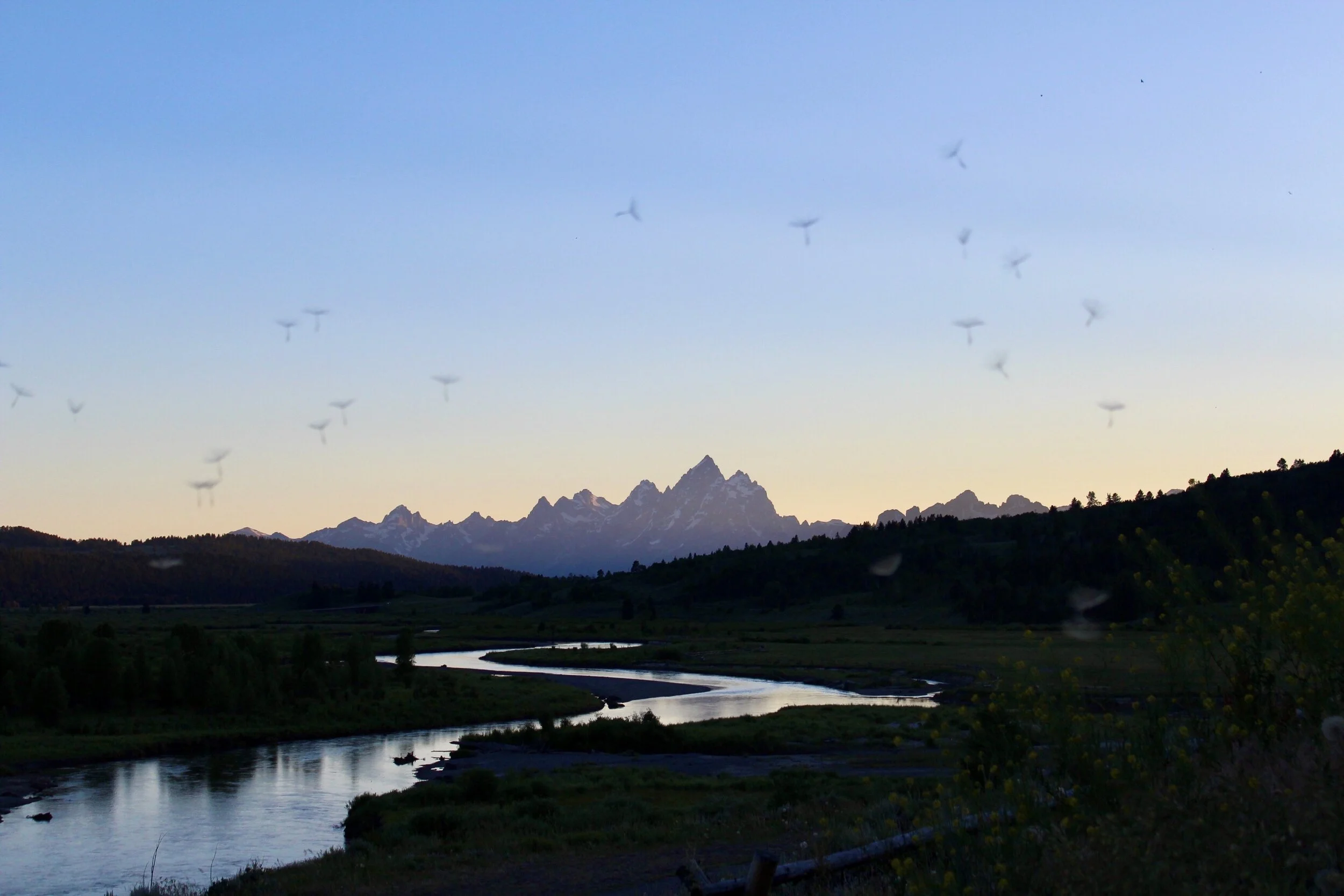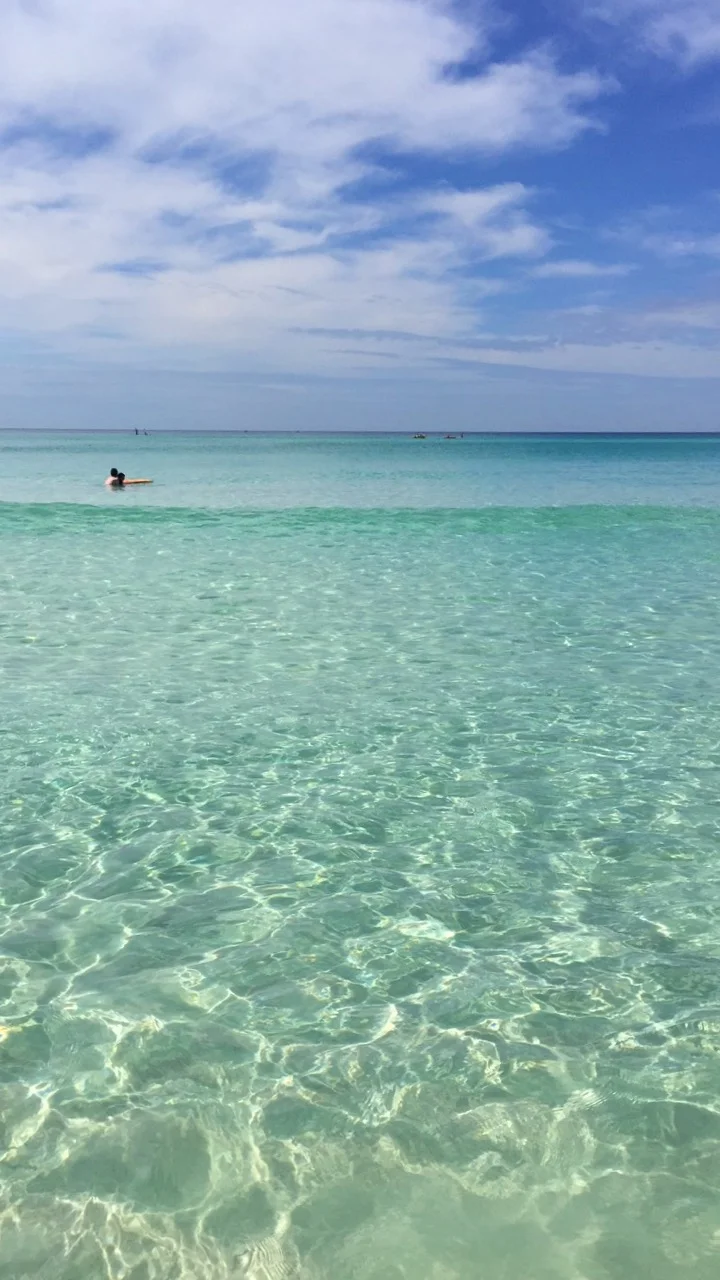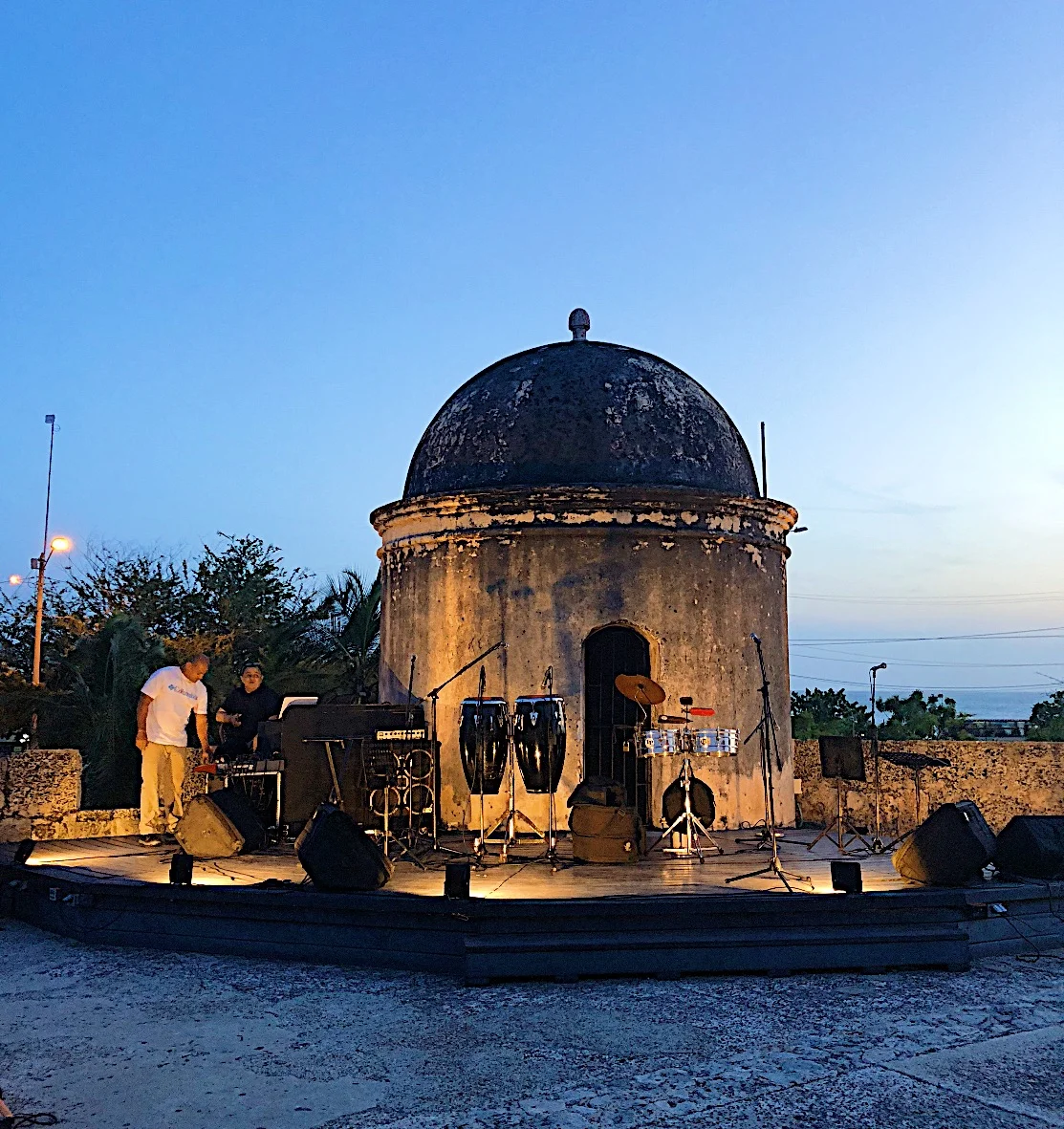*Updated March 24, 2020
With all of the information surrounding the outbreak of Coronavirus disease 2019, you might be wondering whether you should cancel your travel plans, postpone them, or build a bunker instead.
CDC scientist testing inactivated virus
Within a matter of weeks, the worldwide public has managed to practically strip grocery store shelves of hand sanitizer, latex gloves, surgical masks, toilet paper, and non-perishables. It’s clear that people are frightened by this virus, and many of them are taking measures to prepare themselves for the worst. With essentially every television news network and countless online sources instructing people to brace themselves for weeks of isolation, stay inside, and shut the door, it’s no wonder people are in a bit of a panic.
We’re being bombarded by news of COVID-19 on all media platforms. And here we are as well, writing about it. But the point of this post is to pose the questions, “How concerned should we really be?” and “How could this affect your travel plans?”
So, let’s discuss.
What is the 2019 coronavirus?
Coronavirus disease 2019, officially titled by the World Health Organization (WHO) as COVID-19, “is a new disease, caused by a novel (or new) coronavirus that has not previously been seen in humans” (CDC).
Coronaviruses themselves, however, are not new, and neither are novel coronavirus outbreaks. Coronaviruses have likely been around as long as humans have, and maybe even before that. Most forms of coronavirus that infect humans cause mild illness, including “the common cold”, symptoms of which include sore throat, runny nose, coughing, sneezing, headaches and body aches (CDC).
COVID-19 is, in fact, a more aggressive form of coronavirus, with the observed symptoms including fever, cough, and shortness of breath (CDC). Any novel virus inherently possesses the potential to spread more rapidly through the general population, as our immune systems have not yet had a chance to build up the proper defenses.
Photo captured during an investigation into the first reported Middle East Respiratory Syndrome Coronavirus (MERS-CoV) case in Haramout, Yemen. 2012.
This is not the first time in recent history that a novel and more serious strain of coronavirus, like COVID-19, has emerged. SARS (Severe Acute Respiratory Syndrome) was a novel coronavirus that appeared on the scene in 2003, and MERS (Middle East Respiratory Syndrome) was also a novel coronavirus that appeared in 2012.
We know that according to the World Health Organization, 8,098 people became infected with the SARS outbreak of 2003 and 774 of those people died. “MERS has caused 2,494 confirmed cases in 27 countries and killed 858 people” (Source).
According to the John Hopkins University active tracker, there have been 414,277 confirmed cases of COVID-19 with 18,557 deaths (as of March 24, 2020). The major difference between COVID-19 and the two previously mentioned coronavirus outbreaks is that COVID-19 has spread much more rapidly and infected a much larger number of individuals thus far.
It’s worth noting that the estimated mortality rates for the SARS and MERS outbreaks were 9.6% and 34.4% respectively. This is a far cry from the COVID-19 currently estimated mortality rate of between 1 - 3%. (More on this below).
Who should really be concerned about this disease?
The evidence available to us at this time suggests that 80% of COVID-19 cases have been considered mild (China CDC Weekly Study). Many people might not even know they’ve been infected.
However, the elderly and people with pre-existing health conditions are the most at risk of suffering severe or potentially fatal consequences from contracting COVID-19 (BBC).
Queen Elizabeth. Source
Most healthy individuals have no reason to panic, as the aforementioned data indicate that the vast majority of those infected will make a full recovery. This active tracker by John Hopkins University reveals that the total recoveries are increasing at a significantly greater rate than emerging new cases. Furthermore, those who have been infected with the coronavirus will be protected from contracting the disease in the future. You can think of it almost like getting a vaccine. Once the virus is introduced, your body creates antibodies to support your immune system’s ability to fight the infection. (NY Times).
Make of it what you will, but even 93-year-old Queen Elizabeth plans to continue to travel overseas and, in true British fashion, will “keep calm and carry on.”
Mortality rate in perspective
The WHO has recently stated that the mortality rate of COVID-19-infected patients is about 3.4 percent. But as this article points out, "the majority of … global cases have taken place in a cluster around Hubei province in China. When outbreaks of that scale strike a region, the likelihood of death starts to become higher than it would be for a random person struck ill in isolation in another part of the world. Strained resources make it harder for those experiencing serious symptoms to get treatment.”
In other words, the mortality rate of COVID-19 is likely being skewed by the disproportionate number of deaths that have occurred in Hubei province.
Chart from study done by Imperial College London
Furthermore, a study from Imperial College London showed that due to the mostly moderate nature of the COVID-19 virus, "the number of infected people is much larger than the number tested and reported” which would make the mortality rate significantly lower than what is being reported (CATO.org).
As this article, published in the New England Journal of Medicine states, “If one assumes that the number of asymptomatic or minimally symptomatic cases is several times as high as the number of reported cases, the case fatality rate may be considerably less than 1%. This suggests that the overall clinical consequences of Covid-19 may ultimately be more akin to those of a severe seasonal influenza.”
In summation, it is incredibly difficult to pinpoint the mortality rate of COVID-19 at this point in time, but numerous scientists, physicians, MD’s and scholars have suggested that the WHO-reported estimate of a 3.4% mortality rate might be an exaggeration (CATO).
It’s also worth mentioning that up to 650,000 people die from complications caused by the seasonal flu every year (WHO). This is despite our best efforts as a society to provide medications, vaccines, and build immune system resistance over time.
CDC worker talking to sick woman in airport
What does COVID-19 mean for the travel industry?
In order to mitigate the spread of COVID-19, governments around the world are shutting their borders and prohibiting large public gatherings. Airlines are canceling international flights to infected destinations, and cruise ships are being rerouted. Many people may wish to still execute their travel plans but will be unable to do so due to factors outside of their control.
Even if you are still able to travel, you might be wondering:
Should I stay or should I go?
Ultimately, the answer to this question depends on a number of factors. Travelers should monitor the progress of COVID-19 in their destination and how local authorities are dealing with it.
COVID-19 does not mean that all travel must cease.
Consider your destination
The U.S. State Department’s website is a good resource to help you decide how safe it is to visit any destination. On this website, you can search for the country or countries you intend to visit, and you will be provided with the latest travel advisories. These advisories are not only related to health concerns but take into consideration any and all factors which might make foreign travel unsafe. Advisories span four levels:
Level 1: Exercise normal precautions
Level 2: Exercise increased caution
Level 3: Reconsider travel
Level 4: Do not travel
If the country you intend to visit is under a Level 4 travel advisory, this doesn’t mean that you can’t travel to this place, but it should be avoided unless absolutely necessary. For example, probably avoid traveling to China unless you absolutely have to right now. Countries with Level 2 and 3 travel advisories should be considered on a case-by-case basis.
The CDC also has a list of destinations with travel notices related specifically to COVID-19 which you can find here.
Are you taking a cruise?
The risk of contagion is comparatively high on a cruise ship. Not only this, but you run the risk of being denied port entry at any given country should anyone on board test positive for the disease. Ultimately, "The CDC recommends travelers, particularly those with underlying health issues, defer all cruise ship travel worldwide.”
Continue to monitor the disease and make a decision as the date of your departure approaches. Are you set to embark this summer? Maybe wait and see how this thing pans out.
Are you traveling via air?
To date, no travel restrictions within the U.S. have been issued. There appears to be no apparent reason why you should cancel a domestic flight unless you are traveling to an area with a disproportionate number of confirmed cases such as Seattle.
You might have concerns about pathogens circulating in the air within airplane cabins but, cabin air in a modern jet aircraft is completely refreshed every two to three minutes and passed through a HEPA air filter which removes 99.7% - 99.999% of airborne pathogens. (Source).
Your main concerns on an airplane should be the airplane restroom and your tray table. Pathogens like Coronavirus and other illnesses (E-coli, norovirus, rhinovirus, etc.) are introduced to your system when they reach your nose or mouth. The best practice to prevent contracting any illness while traveling is to sanitize your hands and keep them away from your face. Note that the water supply on many airlines is often questionable, so bring along a hand sanitizer spray or gel to disinfect your hands. If you want to go the extra mile, sanitize your tray table, and perhaps your seatback.
When it comes to international air travel, airlines will be limited by the current travel restrictions and bans implemented by governments around the world. Many airlines were quick to cancel all flights to China and issue new policies for destinations like Italy and South Korea. Your main concern should not be, “Will I get sick on the airplane?” but “Will I be able to reach my destination?” This article breaks down how all the major U.S. airlines are responding to COVID-19 at the moment.
Coachella 2020 postponed to October
Take note of any events you have planned to attend as they may or may not be postponed or canceled.
Hundreds of events across the globe from concerts to parades to TED Conferences have been either postponed or canceled altogether. Note that if an event you were scheduled to attend happens to be canceled, the organizer may provide you with a voucher for future redemption.
What is covered by travel insurance?
Even if you have purchased travel insurance there is no guarantee that your entire trip cost will be covered. Even if you’ve purchased “Cancel For Any Reason” insurance, you might not be covered if you booked your trip after the COVID-19 outbreak was considered a “known event.”
This article by Newsweek has some great information about travel insurance concerns in relation to COVID-19.
In the event that you must cancel your trip, know that many airlines and hotels are offering flexible cancellation policies due to this virus, so you might not be totally out of pocket. This article discusses how some hotel chains are handling this situation.
Are you immunocompromised or in poor health?
People with chronic medical conditions such as heart disease, diabetes, and lung disease are at higher risk for contracting COVID-19 (CDC). If you are someone who is prone to infection, has an autoimmune disease, or is in otherwise poor health, it would be advised that you avoid any non-essential travel.
Ultimately, deciding whether or not to travel is up to you.
Analyze the facts, consider for yourself how susceptible you might be to contract Coronavirus disease 2019, what the disease is doing in your destination, and frankly, how badly you wish to travel. This doesn’t mean throw caution to the wind, but it does mean think critically about the information being presented and decide for yourself.
The way forward.
More news about Coronavirus disease 2019 is breaking every day, but it is important to take this new information with a grain of salt. As the ambiguity surrounding COVID-19’s mortality rate suggests, there is a lot we, the public, world governments, and even scientists and virologists do not know about this virus. A single statement from the World Health Organization, the CDC, the White House, a news organization, or any online publication (including this one) is not enough to determine the best course of action when determining what is best for you and your wellbeing.
As Dr. Seema Yasmin, director of Stanford Health Communication Initiative and former CDC official stated on CNN’s “Global Town Hall”, “Disease is not the only thing that spreads. You also get rumors and health hoaxes, misinformation and emotional contagion as well.” The danger of “emotional contagion” is it causes us to think and act irrationally.
As we navigate this unknown territory together as a society, let us resist the urge to be swept into the sea of pandemonium. Instead, let us choose to “keep calm and carry on.”
As a lover of travel and adventure, Madeline was eager to join the Astrid Solo Travel Advisor team in 2018. Madeline works with the AstridTravel team to create new content for astridtravel.com, manage our marketing strategy, as well as coordinate and facilitate AstridTravel Club Trips. She is passionate about trying new things, having a curious mind and seeking joy wherever she goes. To read more about her and each one of our Solo Travel Advisors, head over to the About page!

























It feels wrong to talk about traveling right now. We're in the midst of a pandemic, thousands of people across the world are facing economic ruin due to worldwide lockdown measures, and, by all outward appearances, the United States seems to be on the brink of a divide. It’s as if world has been turned upside down.